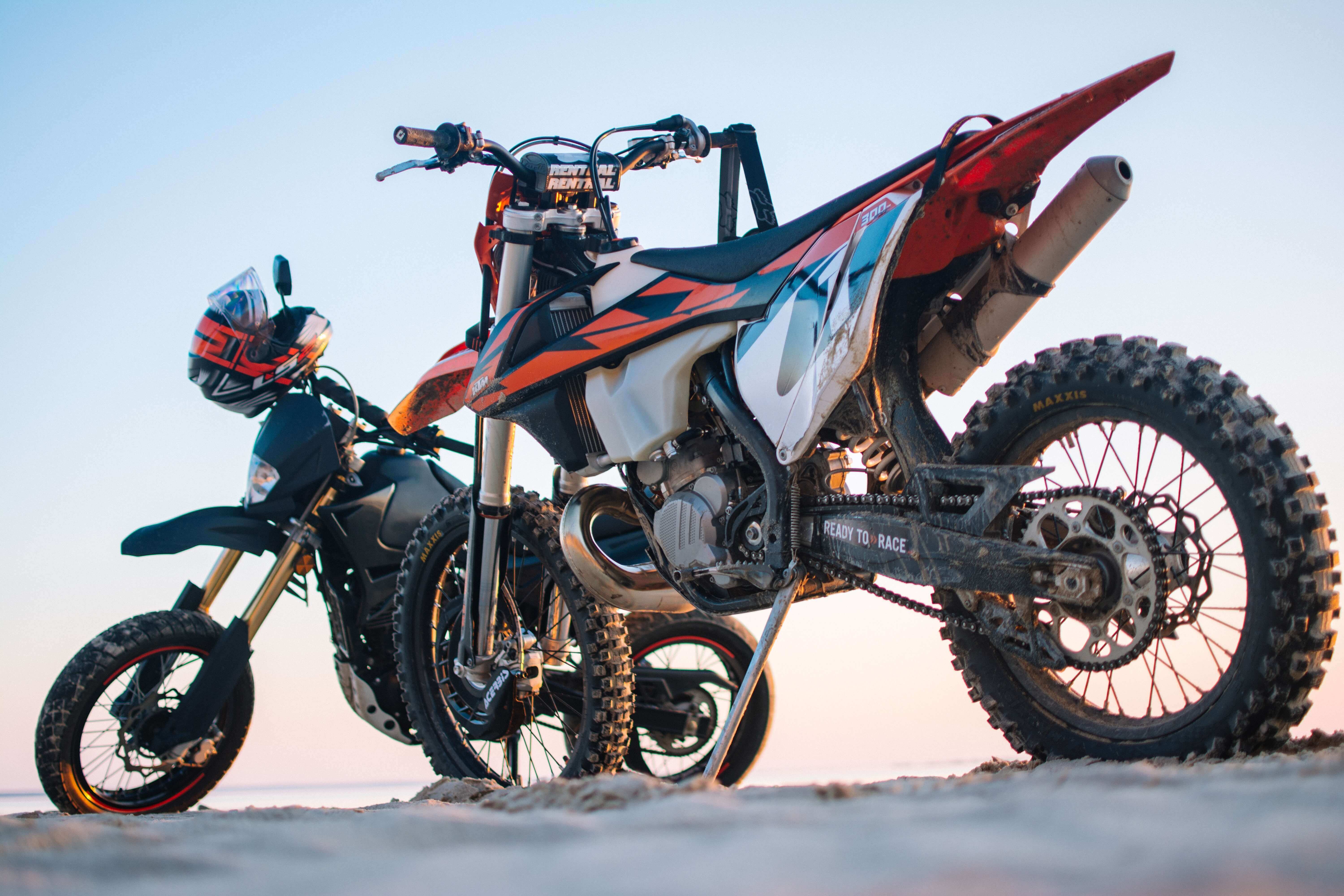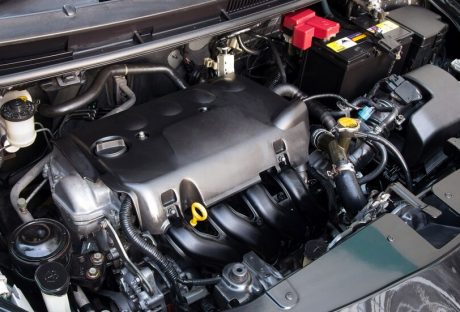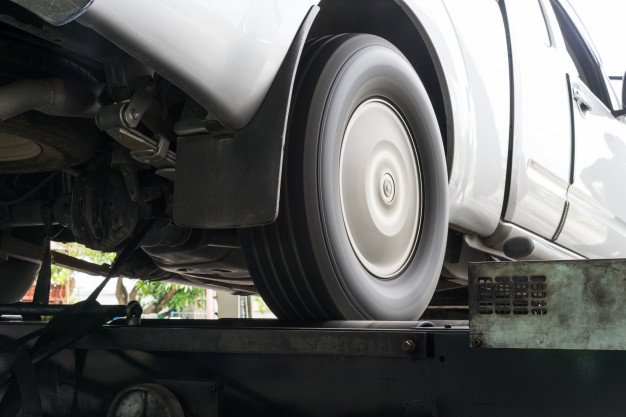Driving in Fort Lauderdale can be pretty intimidating and for good reason. Broward County is repeatedly found to be one of the most dangerous places to drive in the country, with a total of 41,755 accidents reported in 2016, which resulted in 245 deaths and 25,361 injuries. There are a lot of reasons that this could be the case, but the intersections of Fort Lauderdale might play at least some role in these numbers. Who hasn’t been uncomfortable sitting at a massive intersection, paying attention to the left turn, right turn, and straight green or red lights trying to figure out when it’s safe to go? Fort Lauderdale’s Zero Vision movement is an effort to reduce injuries and fatalities across the city for drivers, pedestrians, cyclists, and everyone else who shares these roads.
Take a look at some of the most dangerous intersections, and tell us what intersections you think are worth mentioning in the comments below.
A1A and Las Olas Blvd
In 2015, this intersection had more than 1,000 accidents that caused injuries. That means that this doesn’t even include fender-benders where nobody was injured. Many accidents at this intersection are from one car rear-ending another, which can cause serious problems like whiplash. For personal injury firms like Friedland & Associates, this intersection is well-known due to the high number of injury cases that begin there.
Sunrise Blvd and Andrew Avenue
A lot of the accidents at this intersection comes from people either trying to race through yellow lights. When a driver decides to try to beat the light, they quickly realize how wide the intersection is, and may not be across completely before the other drivers begin to move through their now-green lights. For those who think that yellow means “speed up,” Florida’s intersections are a simple proof of why this is a bad idea.
NE 26th Street and Federal Highway
Depending on the side and direction of the street you are traveling on, this intersection has both 3- and 4-lane roads that either direct drivers to go straight, left, or right. This can often lead to confusion, especially for tourists who are unfamiliar with such large intersections or are just getting familiar with their rental vehicles as they cause an accident in one of the many lanes. Of course, we can’t pin all of the blame on tourists, so make sure you keep an eye out when you are coming through this intersection as well
Not Just Concerning for Drivers
Intersections can cause serious problems for drivers, but they can cause serious problems for pedestrians and cyclists as well. When traveling on foot, some intersections require pedestrians to cross eight full lanes of traffic before they are safe to the other side, which is just one reason that Broward County is so dangerous for pedestrians. Florida has the highest rate of pedestrian deaths in the country. In addition to foot traffic, cyclists must navigate these roads while sharing lanes with drivers who are either inexperienced with interacting with cyclists, or simply not expecting them on such busy streets.
Read Also:






















